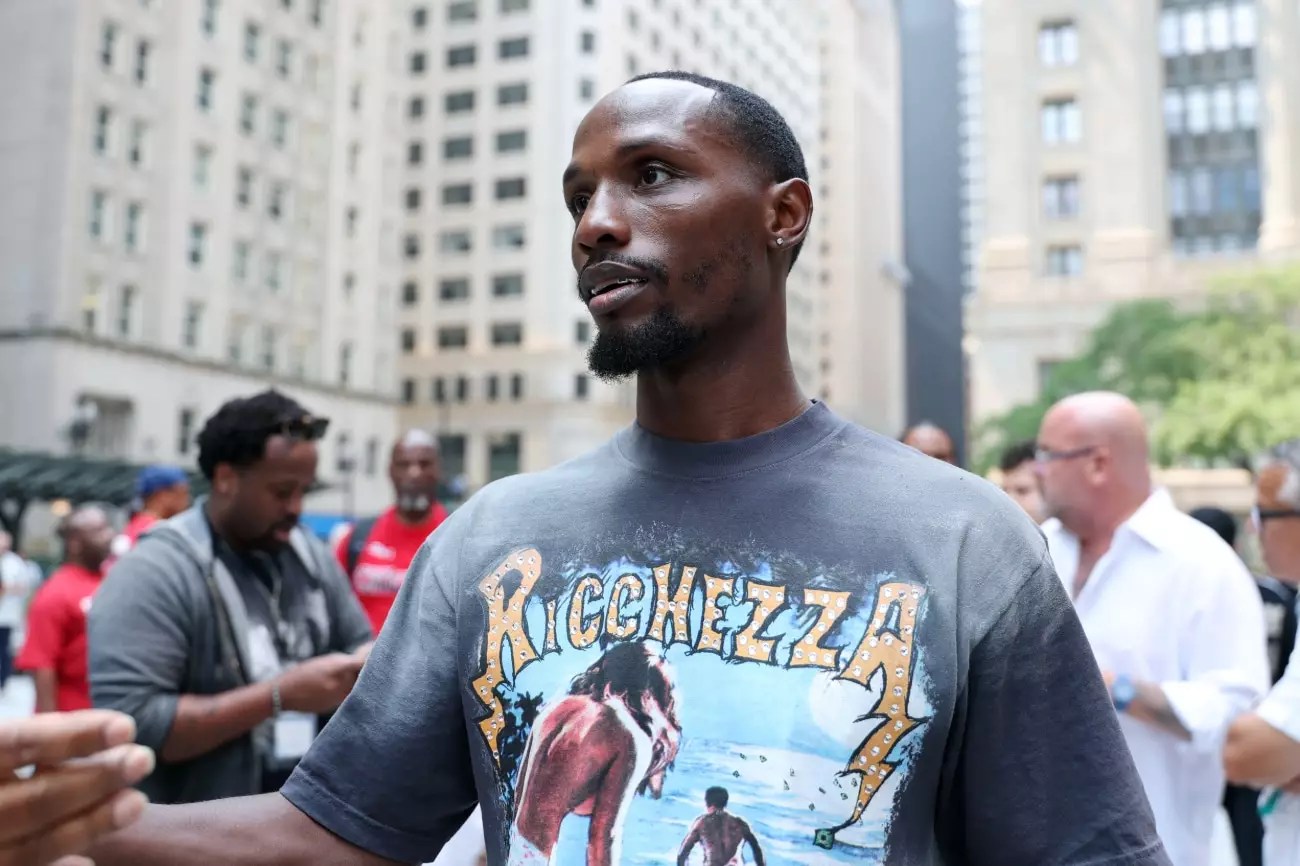Kenneth Sims is being presented as a rising star on the brink of stardom, a narrative that is as inspiring as it is misleading. His promoters and commentators trumpet the significance of his upcoming bout against Oscar Duarte as a “breakout moment,” a pivotal stepping stone in his journey to greatness. Yet, beneath the surface of this bravado lies a sobering reality: Sims’ career has been marred by mediocrity, unchallenging opposition, and misplaced confidence. The hype, driven by local pride and promotional stratagems, risks inflating a fighter whose achievements are far from impressive. The notion that this fight will serve as his definitive breakthrough is more wishful thinking than a reflection of genuine potential.
Questionable Credentials and Overestimated Talent
When examining Sims’ record and competition, a pattern emerges — one of unremarkable opposition that does little to validate claims of being the best in the 140-pound division. His record, while seemingly solid at 22-2-1, is built on fights that do little to showcase his elite qualities. His two notable opponents, Akhmedov and Castaneda, neither possessed the talent or profile necessary to test Sims’ limits. Their lack of convincing wins against top-tier opponents indicates that Sims’ portfolio is premature at best, and his self-perception as a division contender appears inflated.
This mismatch between expectation and reality is further compounded by his losses to Samuel Teah and Rolando Chinea, fighters who do not resonate as threats on a global scale. Those setbacks should serve as cautionary tales, yet Sims seems more eager to declare himself the division’s best rather than acknowledge his shortcomings. The narrative suggests a fighter overestimating his readiness for elite competition, blinded by the glow of hometown admiration and promotional hype.
The Myth of a “Homecoming” and the Pressure to Succeed
Sims’ enthusiasm for headlining in Chicago hinges on a romanticized vision — fighting at home, fulfilling childhood dreams, and finally claiming the spotlight. However, this narrative glosses over the pragmatic shortcomings that threaten his future. The importance of this fight in his career trajectory is exaggerated; a victory might bolster local fan support temporarily, but it does little to advance his credentials in the eyes of the global boxing community.
Moreover, his confidence that he is “used to having the chips stacked against him” appears misplaced. The reality is, Sims has yet to face a challenger who can truly evaluate his skills under pressure. A convincing win against Duarte, ranked fifth in the world, would be a genuine test, but even that victory would not guarantee a swift path to a world title. The bitter truth remains: the contenders and champions standing ahead are not so easily displaced, and Sims’ current level of opposition offers limited insight into his true capabilities.
The Danger of Overconfidence and Strategy Failures
One of the most alarming aspects of Sims’ outlook is his overconfidence. Declaring himself the best in the division without ample evidence is a dangerous gamble. Confidence is vital in a sport that demands mental toughness, but arrogance rooted in a fabricated sense of superiority can be a recipe for disaster. If Sims underestimates Duarte or fails to adapt during the fight, he risks a humiliating defeat that could set his career back years.
His prolonged career, spanning over a decade, hasn’t been compensated by elite achievements or recognition. His record is riddled with fights against non-elite opponents, and his previous losses serve as stark reminders of his limitations. Relying on a hometown fight to resurrect his credibility is shortsighted. The fight is more likely to reveal whether he can handle genuine adversity or if he’s merely riding the wave of local support.
The Illusion of a Fast-Track to Glory
Finally, the assumption that winning against Duarte would lead directly to a world title shot exemplifies the dangerous complacency in boxing’s current ecosystem. The sport’s politics and hierarchy are complex and unforgiving. A single victory rarely alters the landscape significantly; it’s the cumulative quality of opposition and sustained excellence that dictate a fighter’s future.
In the end, Sims’ story encapsulates the peril of chasing glamour before thoroughly earning it. His bravado, while compelling to some, ultimately overshadows his true standing in the sport. The upcoming fight is unlikely to transform him into a champion, but rather to expose whether he is ready to face the harsh realities of real competition — or if he is merely a victim of the illusion of potential that his promoters desperately want us to believe.


Leave a Reply